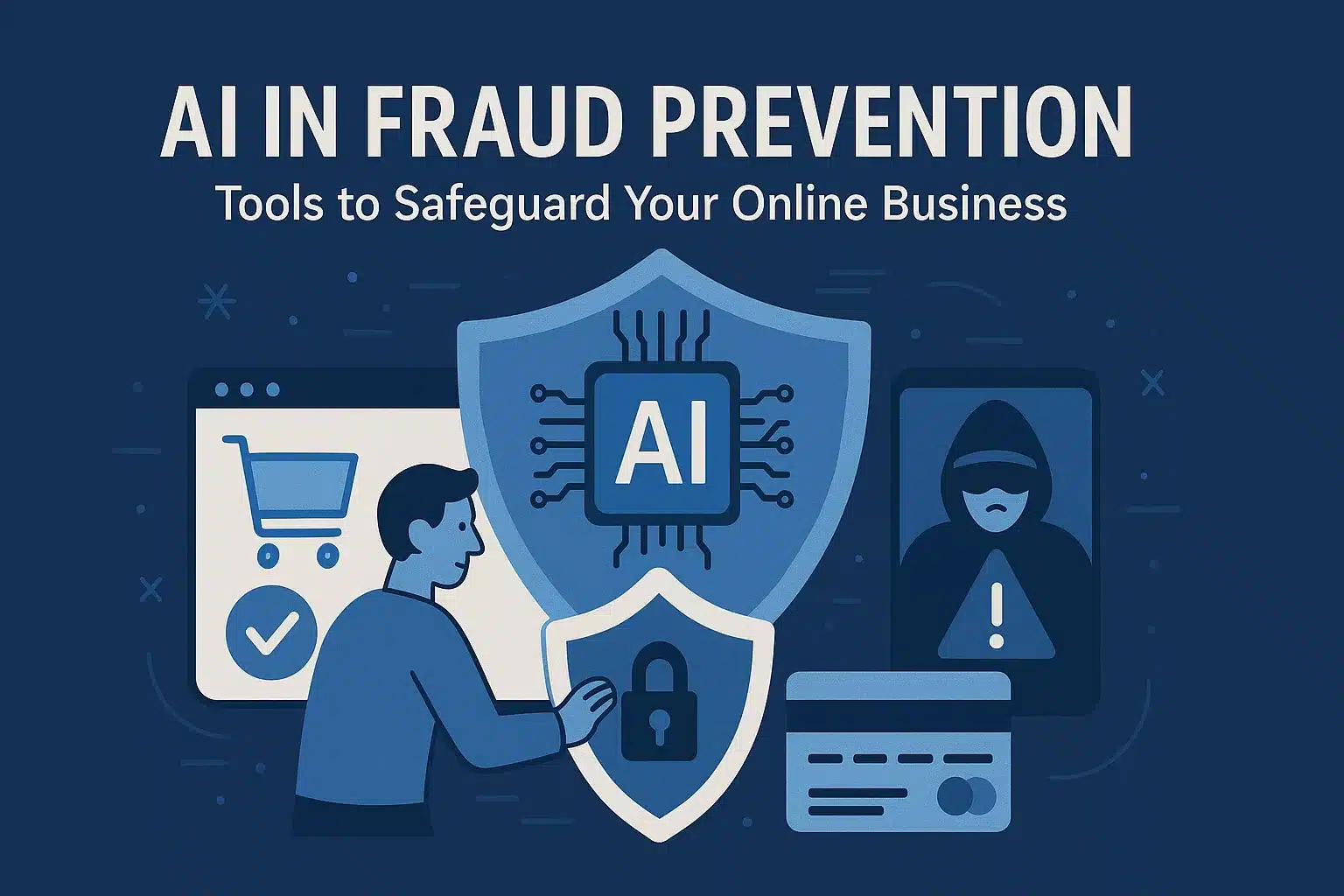According to academic studies that cast doubt on traditional training programs, sexual harassment prevention courses aimed at preventing discrimination in the workplace may have the opposite effect, making men less able to perceive inappropriate behavior and more likely to blame victims.
One researcher who has questioned the effectiveness of online sexual harassment training is Lauren Edelman, a law and sociology professor at Berkeley University of California, the prestigious school that has been at the center of a series of high-profile faculty misconduct scandals in recent months.
“Sexual harassment training may, in fact, make it less likely that males will recognize situations that are harassing,” said Edelman, a faculty member in the renowned UC Berkeley law school, where Sujit Choudhry resigned as dean after he was found to have sexually harassed his executive assistant.
“Sexual harassment training may provoke a backlash in males.”
Some researchers believe that sexual harassment prevention courses have no positive effects, appear to be more about legal coverage than meaningful preventative measures, or may even have unintended negative impacts – raising serious concerns about how colleges and businesses focus heavily on online sexual harassment training as a solution.
One study of the Journal of Applied Behavioral Science evaluating a sexual harassment program for university employees found that men who took part in the online sexual harassment training were “significantly less likely” to consider coercive behaviors towards a subordinate or student as sexual harassment, compared to a control group of men who had not completed the sexual harassment prevention course.
Men who finished the 30-minute online sexual harassment training –during which representatives discussed harassment, the damage resulting from harassment, the significance of reporting it, and the potential disciplinary steps –were also significantly less likely to report harassment. The surprising responses of the men may have been “an effort to preserve themselves to defend and protect against a perceived attack on them,” the authors wrote.
In other words, the sexual harassment prevention courses seem to make some men feel threatened and anxious that they might face false accusations, said Shereen Bingham, study co-author and professor at Omaha Communication School at the University of Nebraska. As a consequence, they may respond defensively.“We were surprised … it certainly appears to be irrational,” said Bingham. “The only explanation can be psychological or emotional.”
Many studies have shown that it can also have unintended negative effects if employers actively inform staff about sexual harassment policies. A study published in the Social Psychology Quarterly showed that it caused unconscious gender biases after men heard about harassment laws, effectively making women more likely to be stereotyped.
Justine Tinkler, assistant professor of sociology at the University of Georgia has researched how sexual harassment prevention courses can cause resistance, and how people who say that they endorse harassment laws are resistant to implementing such policies. Online sexual harassment training can also strengthen the feelings of men that women are “emotional and duplicitous in the way that they both want sexual attention, but don’t want sexual harassment”, she explained. Edelman, professor at UC Berkeley, said she believed that the reaction could stem from the “cartoonish, somewhat unrealistic” instances of abuse that often require instruction–lessons that could make participants cynical and resentful.
What’s clear is that there’s not a lot of research signifying that standard sexual harassment prevention courses have a positive impact and an overall dearth of studies on the subject, Edelman said.“We really need more research on what works. All we really know about sexual harassment prevention courses is that it protects employers from liability. We don’t know whether it protects employees. We don’t know whether it reduces sexual harassment.”
The questionable research underlines the fact that universities and organizations should not only study the effectiveness of sexual harassment prevention training but should also prioritize other mechanisms to promote prevention, professors said.
According to Edelman, institutions should focus more on having a much clearer zero-tolerance policy with very clear sanctions that are very consistently carried out. Tinklerstated that the most effective way to fight workplace sexual harassment is to decrease gender inequality and endorse women in leadership positions.“It really requires changing workplaces that have gender inequality structured into the way that they are organized,” she said.
Even though the issue of sexual harassment needs to be addressed and handled from many angles, an effective online sexual harassment prevention course still has its place in the big picture.
Last note:
Coggno has an extensive list of sexual harassment prevention courses.
You can have a look at our free courses here and our course catalog here.


















